Leveraging the development of concentrated, large-scale commercial agriculture.
Most notably, the policy of mechanization in agricultural production under Resolution 08 has been implemented. To date, the percentage of land planted by machinery throughout the city has increased by an average of 15%; with some districts experiencing high growth rates such as My Duc (19%), Phu Xuyen (10%), and Me Linh (8%).
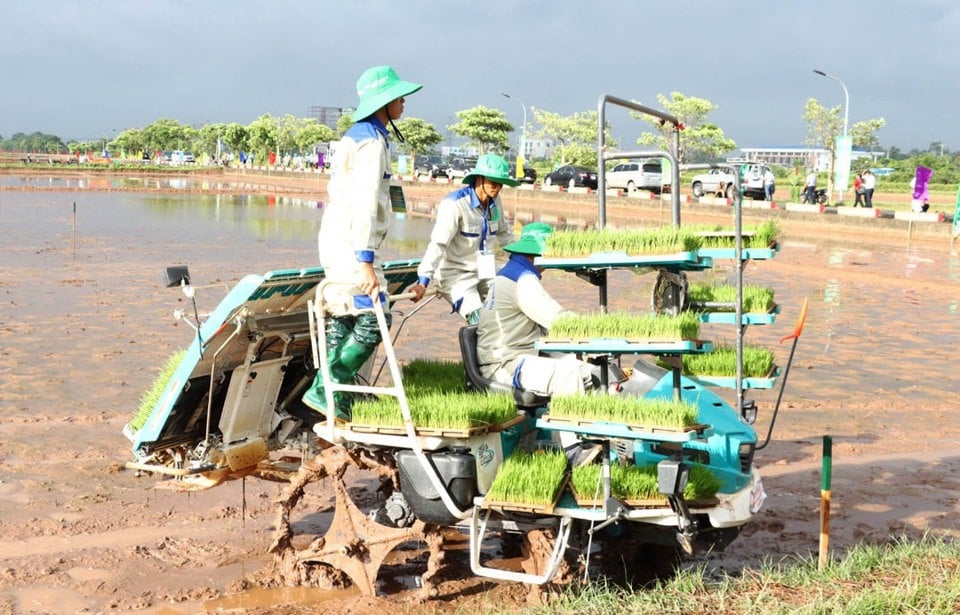
According to an assessment report by the Hanoi Department of Agriculture and Rural Development, the policy encouraging the mechanization of tray seedling production and machine transplanting is a step forward in transferring new technical advancements into agricultural production. This helps farmers change their small-scale rice production practices, frees up labor, creates conditions for large-scale, concentrated commercial rice production, contributes to reduced costs, and brings high economic efficiency.
Practical implementation in the city shows that the cost of machine transplanting ranges from 330,000 to 360,000 VND/sao (equivalent to approximately 9 million to 10 million VND/ha); manual transplanting costs from 400,000 to 500,000 VND/sao/day (equivalent to approximately 11 million to 13 million VND/ha). Machine transplanters achieve a capacity of 1.5 to 2.5 ha/day, about 30 to 50 times higher than manual transplanting. Actual productivity at machine transplanting sites in 2024 is 8-10% higher; yielding an economic efficiency of 840,000 VND/sao (23.5 million VND/ha), higher than traditional rice transplanting methods by 240,000 VND/sao (equivalent to 6.7 million VND/ha).
In addition, the application of machine rice transplanting and pesticide spraying using drones minimizes human labor, helping to alleviate labor shortages during the harvest season in many localities.
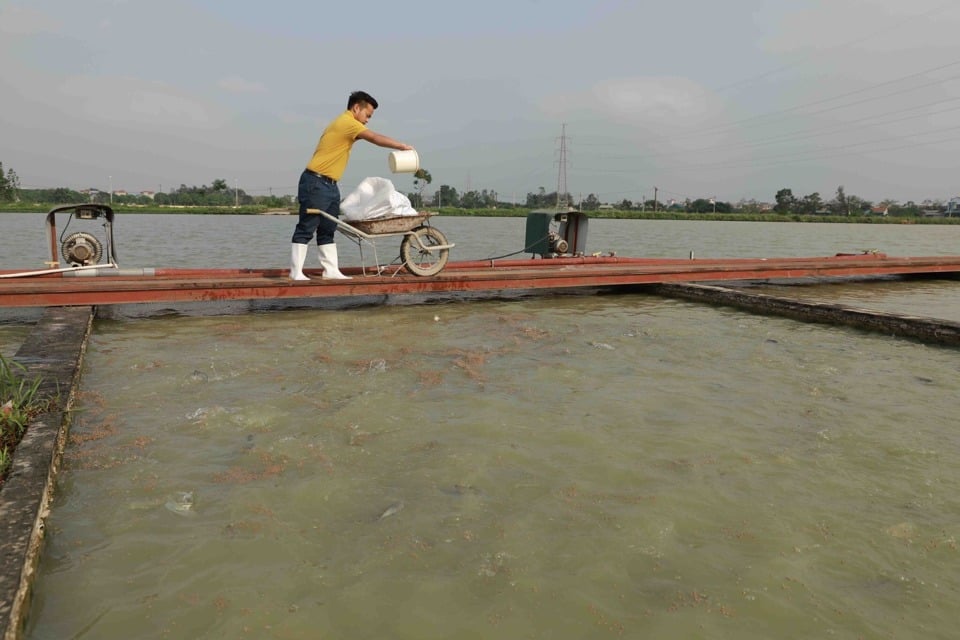
By applying these two methods, farmers gain access to scientific and technical knowledge in agricultural production, gradually changing their small-scale production practices, laying the foundation for the formation of large-scale rice fields, and moving towards commercial-scale production in the city.
At the same time, the application of mechanization in production helps rice plants become healthier because shallow planting and uniform plant density enhance the border effect, resulting in more open rice fields with fewer pests and diseases, reducing the use of pesticides and contributing to environmental protection.
Implementing the environmental protection policy according to Resolution 08, most localities with agricultural production in the city have improved the effectiveness of environmental protection, limiting disease outbreaks in crop production, livestock farming, and aquaculture. Many livestock and aquaculture facilities have received support to improve their environment. In concentrated production areas, pesticide packaging is collected in accordance with regulations.
Farmers have actively used microbial preparations to process straw and crop by-products into organic fertilizers to improve soil, increase soil fertility, reduce residual pathogens on by-products, and limit the spread of pests and diseases.
Furthermore, the restructuring of crop and livestock varieties continues to be implemented in the right direction, and the area for producing new, high-quality crop varieties continues to expand. Initially, some establishments have accelerated digital transformation in agricultural production.
Districts and towns need to actively allocate funds to implement the policy.
Assessing some of the difficulties and obstacles encountered during implementation, Deputy Director of the Hanoi Department of Agriculture and Rural Development, Ta Van Tuong, said: 2024 is the first year of implementing Resolution 08, so people are still hesitant to access the support mechanisms and policies for new production methods (machine transplanting, drone spraying).
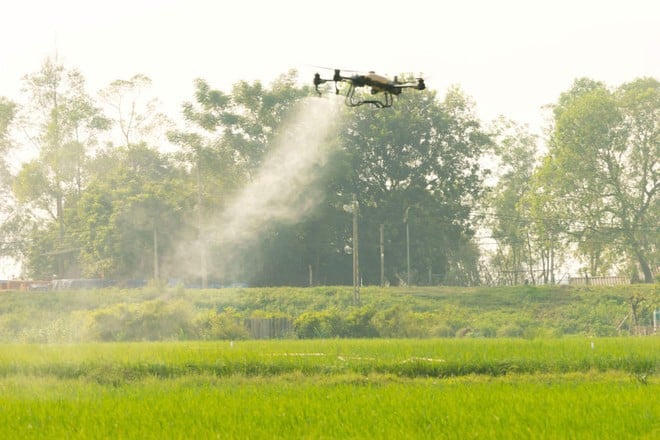
Meanwhile, the allocation of funds for implementing agricultural production policies in districts and towns remains limited, with some districts not allocating any funds at all. Notably, some localities are hesitant to implement new and challenging policies, lacking initiative in researching regulations and flexibility in implementation.
Furthermore, some policies have not been implemented due to delays in planning or because people are still hesitant to register for participation, such as: Policies to encourage the production of plant, animal, and aquatic species; Policies to encourage the construction of facilities for preliminary processing, processing, and preservation of seeds and agricultural products; Policies to support centralized slaughterhouses for livestock and poultry; Policies to support and encourage the development of cooperation and linkages in the production and consumption of agricultural products; Policies to support the development of high-tech agriculture; Policies to support the issuance of planting area codes; Policies to support the construction of model ecological agriculture combined with tourism and experiential activities.
Therefore, the Department of Agriculture and Rural Development proposes that the People's Committee of Ho Chi Minh City continue to direct the People's Committees of districts and towns to allocate funds to implement policies on training in production techniques, management skills, contract management capacity, supply chain management, and market development; restructuring of crops and aquaculture in concentrated specialized agricultural production areas; and support and encourage the development of cooperation and linkages in the production and consumption of agricultural products as stipulated in Resolution 08.
“By 2025, Hanoi will develop its agriculture towards a modern direction, focusing on clean, organic, and circular economies linked to the development of agricultural processing industries, adapting to climate change, and sustainably connecting with global agricultural value chains. Hanoi will also strongly develop green, smart, and ecological agriculture, linked to urban development, services, rural tourism, and experiential education. Therefore, the active implementation of policies encouraging agricultural development in accordance with Resolution 08 by districts and towns plays a very important role and has significant meaning,” emphasized Nguyen Xuan Dai, Director of the Hanoi Department of Agriculture and Rural Development.
Source: https://kinhtedothi.vn/tao-buoc-dot-pha-de-phat-trien-nong-nghiep-ben-vung.html








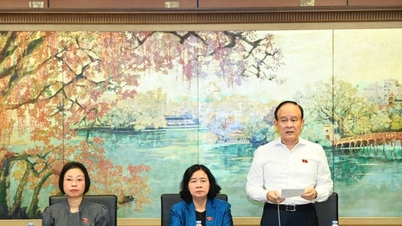

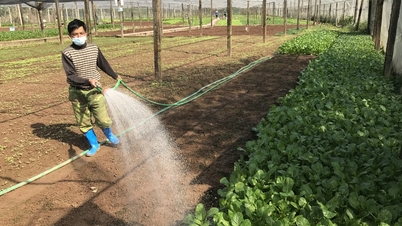


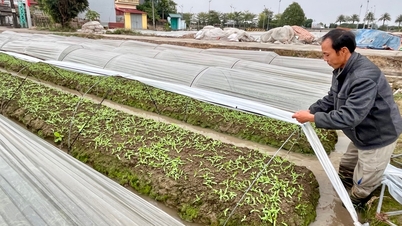
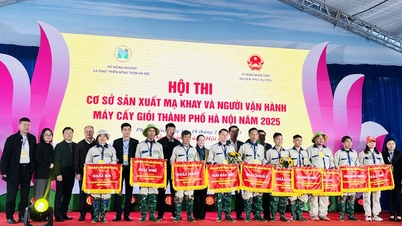





























































































Comment (0)